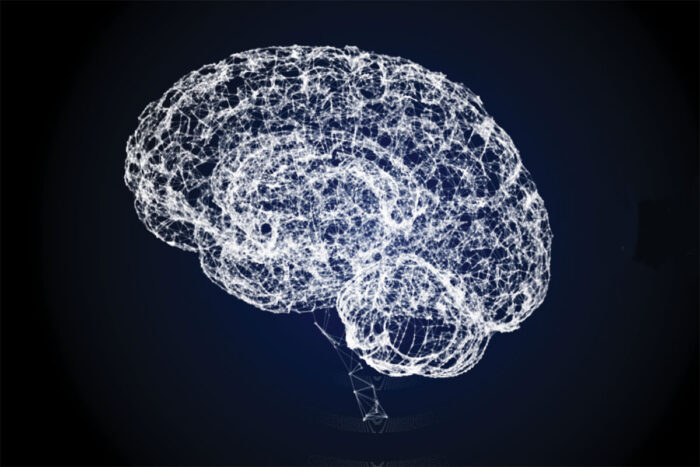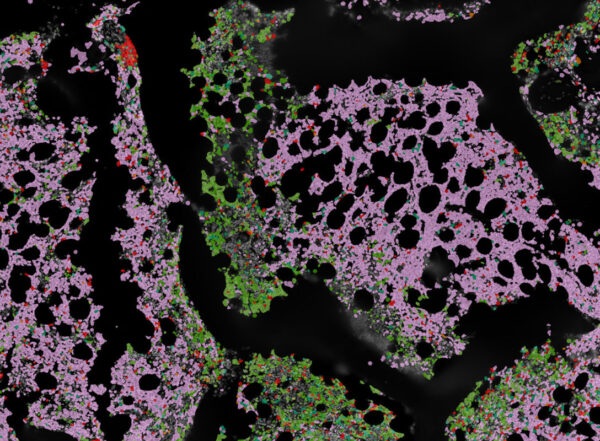Consortium to investigate role of neurofilament light chain in neurodegenerative diseases
School of Medicine researchers help lead academic-industry partnership
 Getty Images
Getty ImagesAn academic-industry partnership involving Washington University School of Medicine in St. Louis and University College London has been established to investigate the role of the brain protein neurofilament light (NfL) chain in neurodegenerative diseases such as amyotrophic lateral sclerosis, Parkinson’s disease, Huntington’s disease and Alzheimer’s disease.
Clinical scientists at Washington University School of Medicine in St. Louis and University College London are collaborating with pharmaceutical companies AbbVie, Biogen, Bristol Myers Squibb and Roche to investigate the role of neurofilament light (NfL) chain in neurodegenerative diseases such as amyotrophic lateral sclerosis, Parkinson’s disease, Huntington’s disease and Alzheimer’s disease.
NfL is a protein that provides structural support to nerve cells. It is naturally released into cerebrospinal fluid and blood and is increased in a wide range of nervous system diseases, thought to reflect active damage. However, relatively little is known about its structure and turnover in humans, limiting its potential use as a biomarker.
The NfL Consortium, led by Randall Bateman, MD, of Washington University, and Ross Paterson, MRCP, PhD, of University College London, aims to better understand the structure and role of NfL across these different diseases. The consortium aims to understand how NfL is produced and cleared by the nervous system, and whether increased levels reflect increased rates of cell damage, cell production or failed brain clearance. They will use human stem cell models as well as human samples and tissues.
“The potential for discovery of new findings of neurofilament light chain as a neurodegenerative biomarker is multiplied by academic and industry partners coming together and sharing knowledge and resources in a pre-competitive space,” Bateman said. “The NfL Consortium allows leading groups to accelerate research and speed informative clinical studies and development of treatments for neurodegenerative diseases.”
They use a technique called Stable Isotope Labeling Kinetics (SILK), which has been used to measure levels of key proteins amyloid and tau in spinal fluid and blood. Research led by Bateman’s lab has shown how amyloid and tau levels of production and clearance are altered in Alzheimer’s disease, years before the onset of symptoms. Research at University College London has shown how NfL can be elevated before the onset of symptoms of neurodegenerative disease and can be used to track disease progression in clinical trials.
This collaborative effort between Washington University, University College London, AbbVie, Biogen, Bristol Myers Squibb and Roche aims to advance the understanding of NfL as a biomarker of neurodegenerative disease activity. This will make it easier to interpret in therapeutic clinical trials and more accurate as a diagnostic tool for clinicians.
The NfL Consortium is coordinated by Washington University SILQ Center and The Queen Square Institute of Neurology at University College London.






